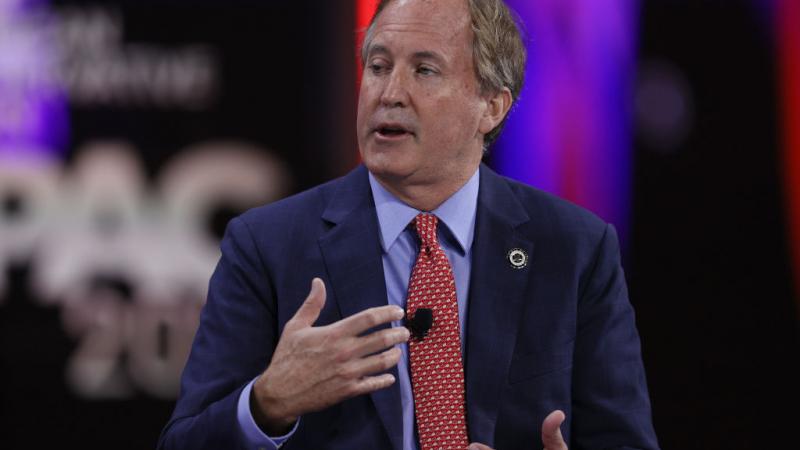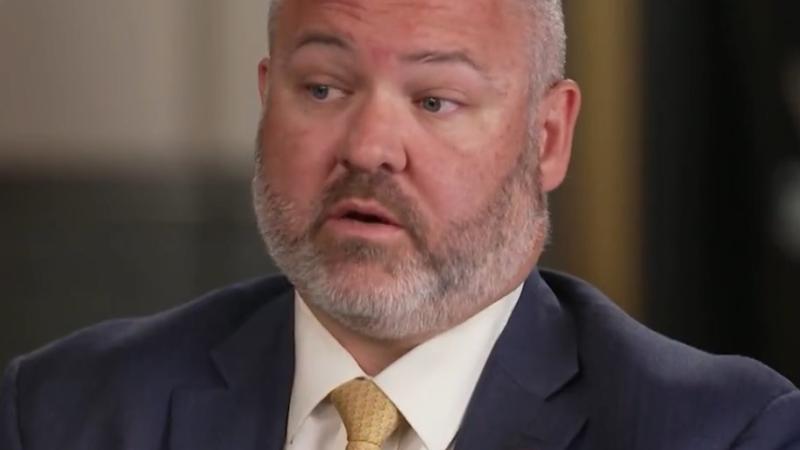Illinois gov. issues 18th 30-day migrant disaster proclamation
The migrant disaster orders follow more than three years of emergency orders Pritzker issued during the pandemic.
Illinois has been under some form of a gubernatorial disaster proclamation for most of the past four years, giving the Pritzker administration sweeping emergency powers to spend taxpayer dollars. Some are looking for a change.
Since September 2022, Gov. J.B. Pritzker has issued 30-day disaster proclamations addressing the ongoing migrant crisis. His most recent proclamation expired Monday. Friday, he issued his 18th disaster proclamation.
“[B]etween August 31, 2022, and January 5, 2023, nearly thirty-thousand individuals and families seeking asylum have arrived in Chicago from Texas with little to no notice,” the declaration said.
That's 6,000 more non-citizen migrants coming to Illinois than in the prior month's disaster proclamation. The first disaster issued in September 2022 said there were "numerous" new arrivals. The order issued October 2022 said there were 3,000 persons transported to Illinois. The new tally is nearly 30,000 arrivals since August 2022.
Wednesday, Pritzker's office announced more spending for a migrant landing zone, more shelter and food.
“The State is determined to use its limited resources as efficiently as possible, helping asylum seekers settle in Illinois and achieve independence,” Pritzker said in a statement.
Just before Christmas, Pritzker’s office announced more spending for migrants to stay in hotel rooms and eventually a shelter at a former CVS in Little Village. Funding for the recently announced operations comes from an additional $160 million Pritzker announced in November.
Operating under emergency orders allows the governor to suspend provisions of the law that deal with procurement of certain contracts, Republicans said. With the ongoing announcements of emergency spending, state Sen. Terri Bryant, R-Murphysboro, expected the latest disaster proclamation.
“If nobody’s checking him, or he’s spending like unbridled in this, so far his personality says to me he will file another one and when he does it will be business as usual,” Bryant told The Center Square. “If he continues to be allowed to because the Democrat leadership in the Senate continues to allow him to do that, then why would he stop?”
The governor’s office didn’t immediately respond to messages seeking comment.
“We will continue to ensure that [migrants] are met with dignity and compassion, while we call for increased coordination and funding from the federal government to provide a federal solution to this federal challenge,” Pritzker said earlier this month.
Messages seeking comment from Illinois Senate President Don Harmon’s office about the the continued executive authority were not immediately returned.
The migrant disaster orders follow more than three years of emergency orders Pritzker issued during the pandemic. In both, Bryant said the sweeping executive powers from such proclamations impacts taxpayers.
“He’s still able to do very much what he did in COVID where, do you remember, he moved hundreds of millions of dollars of money to the McCormick center, and then they actually didn’t use the McCormick center,” Bryant said.
The overall taxpayer cost of the 2020 McCormick Place temporary hospital in Chicago during the pandemic was about $66 million. That facility treated around 40 patients.
“So, there’s a lot of money that the governor has control of under executive orders and it’s time for the legislature to get hold of this situation and stop ceding their power to one branch of government that doesn't have the authority to do that without our OK,” Bryant said.
The state has already spent nearly half a billion dollars in taxpayer funds on the crisis with more spending expected.
Outside of getting control of the state’s spending, Bryant said what needs to happen to address the crisis is for the Biden administration to close the border.
















